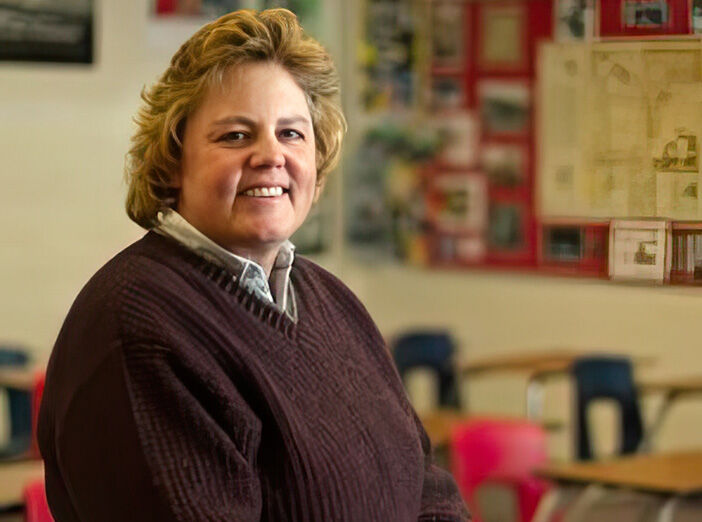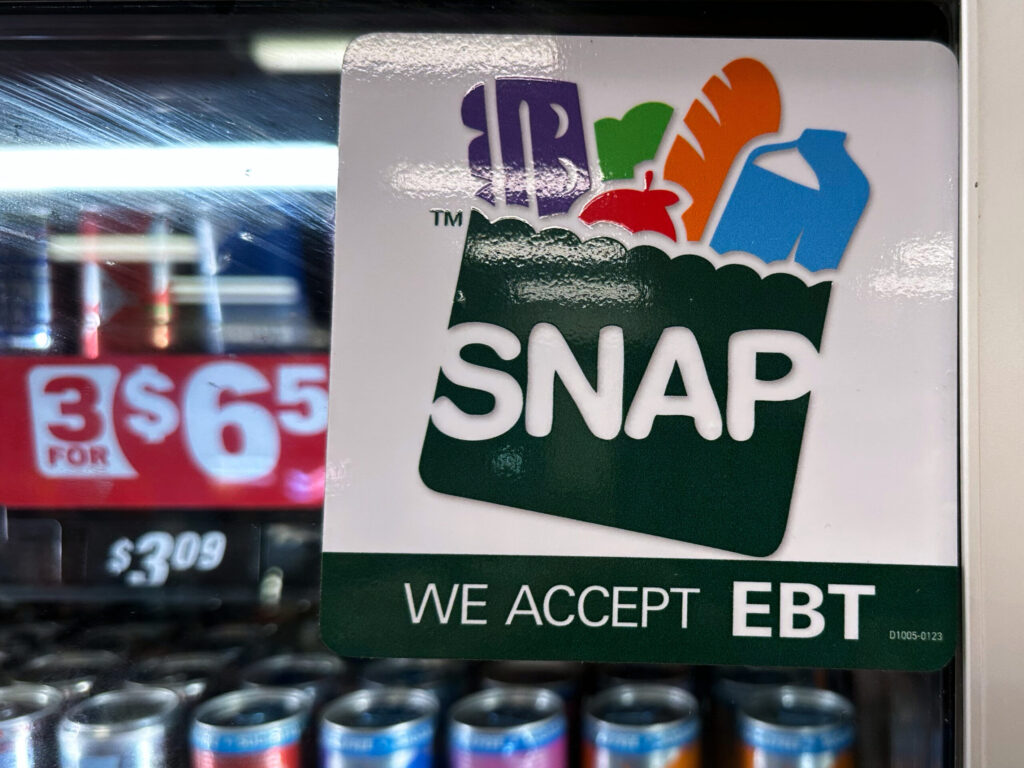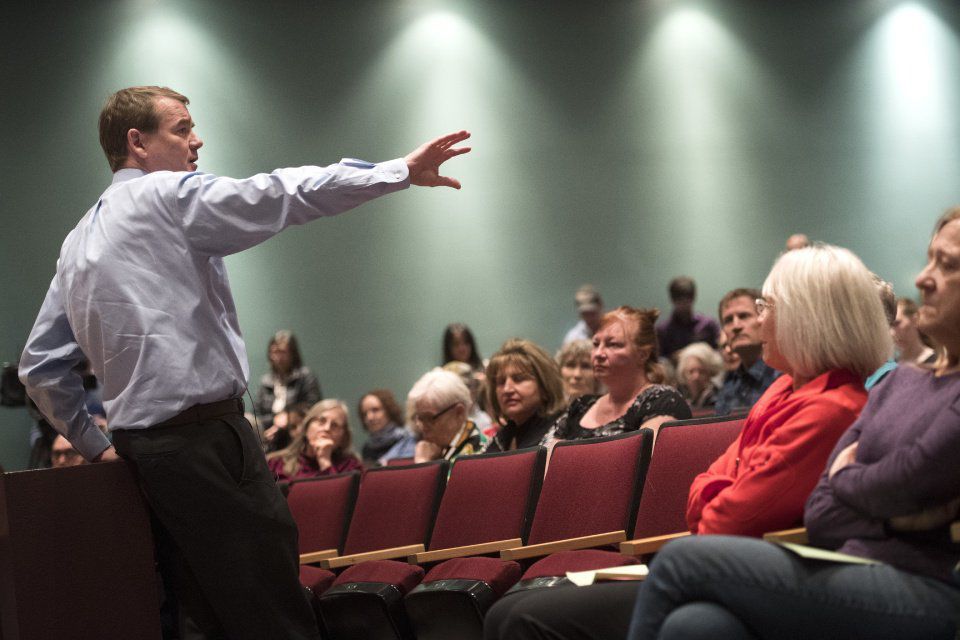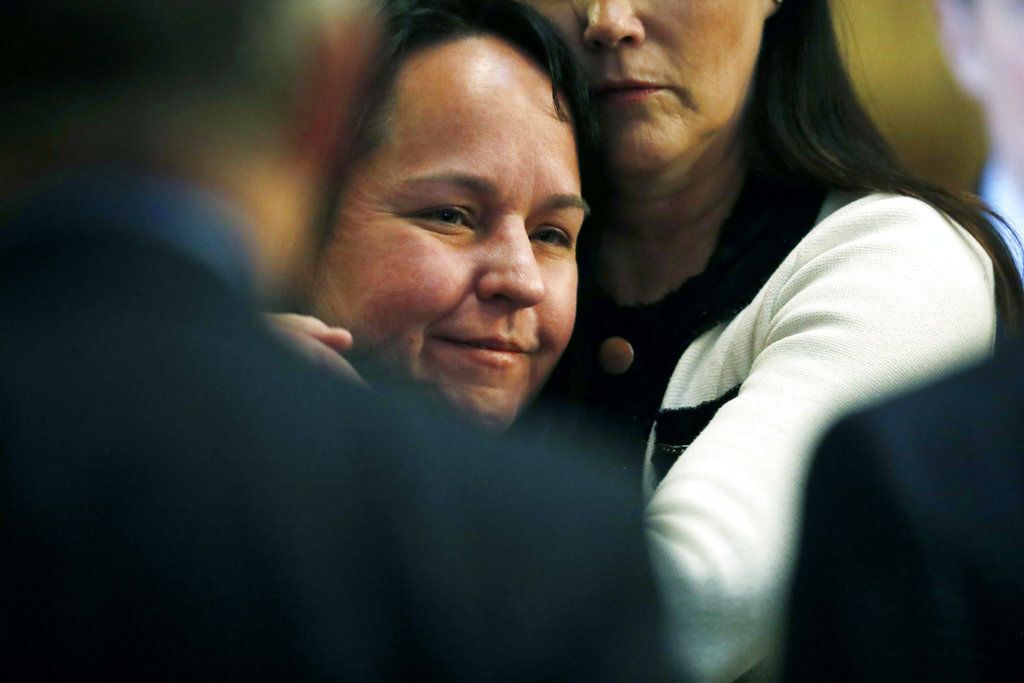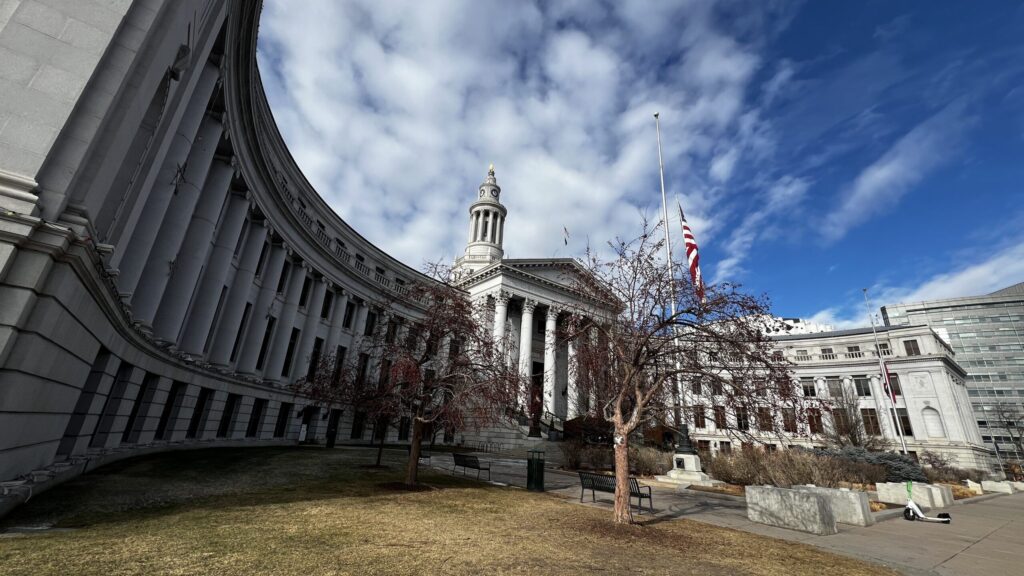Colorado child abuse hotline received 211,554 calls last year

Last year, Coloradans called the Colorado Child Abuse and Neglect Hotline 211,554 times, the most since the line’s launch in January 2015.
More calls could be the product of DHS’s public awareness campaign to the hotline, 1-844-CO-4-KIDS, to help people spot and report child abuse, neglect or sex trafficking.
In 2016, DHS logged 206,107 calls.
‘”If you are worried about a child or teenager in your neighborhood, at your church or in school, don’t hesitate to call 1-844-CO-4-KIDS,” Minna Castillo-Cohen, director of DHS’s Office of Children, Youth and Families, said in a statement. “Even if you aren’t sure, making that phone call is one of the best ways you can help a kid in Colorado.”
For the first time last year, DHS tracked the number of potential cases of child sex trafficking reported to the hotline. The total was 307.
Coinciding with National Human Trafficking Awareness Month last year, DHS launched public awareness campaign – including online ads, billboards and information at bus stops and gas stations along interstates 70 and 1-25 – to help people spot the signs of child sex trafficking and report them.
“Child sex trafficking can sound far removed from our lives and communities, but we know survivors can be Colorado kids and teens from our own neighborhoods,” Sara Nadelman, DHS’s human trafficking specialist, stated.
“Children and teens of any gender, age, race or background can be at risk. Sometimes traffickers identify and groom a child, and in other situations the trafficker is an individual the child knows, such as a parent, caregiver or ‘friend’ they met online. Even if you are unsure, we need everyone who has a concern to call 1-844-CO-4-KIDS to report suspected child abuse. You can help put an end to trauma and ensure survivors receive the treatment and support they need.”
DHS said warning signs of sex trafficking include when a child:
“Other signs and factors that could increase risk include a history of abuse or neglect, identifying as LGBTQ, homelessness with no consistent caregiver and a lack of educational or socioeconomic opportunities,” DHS stated Monday.



